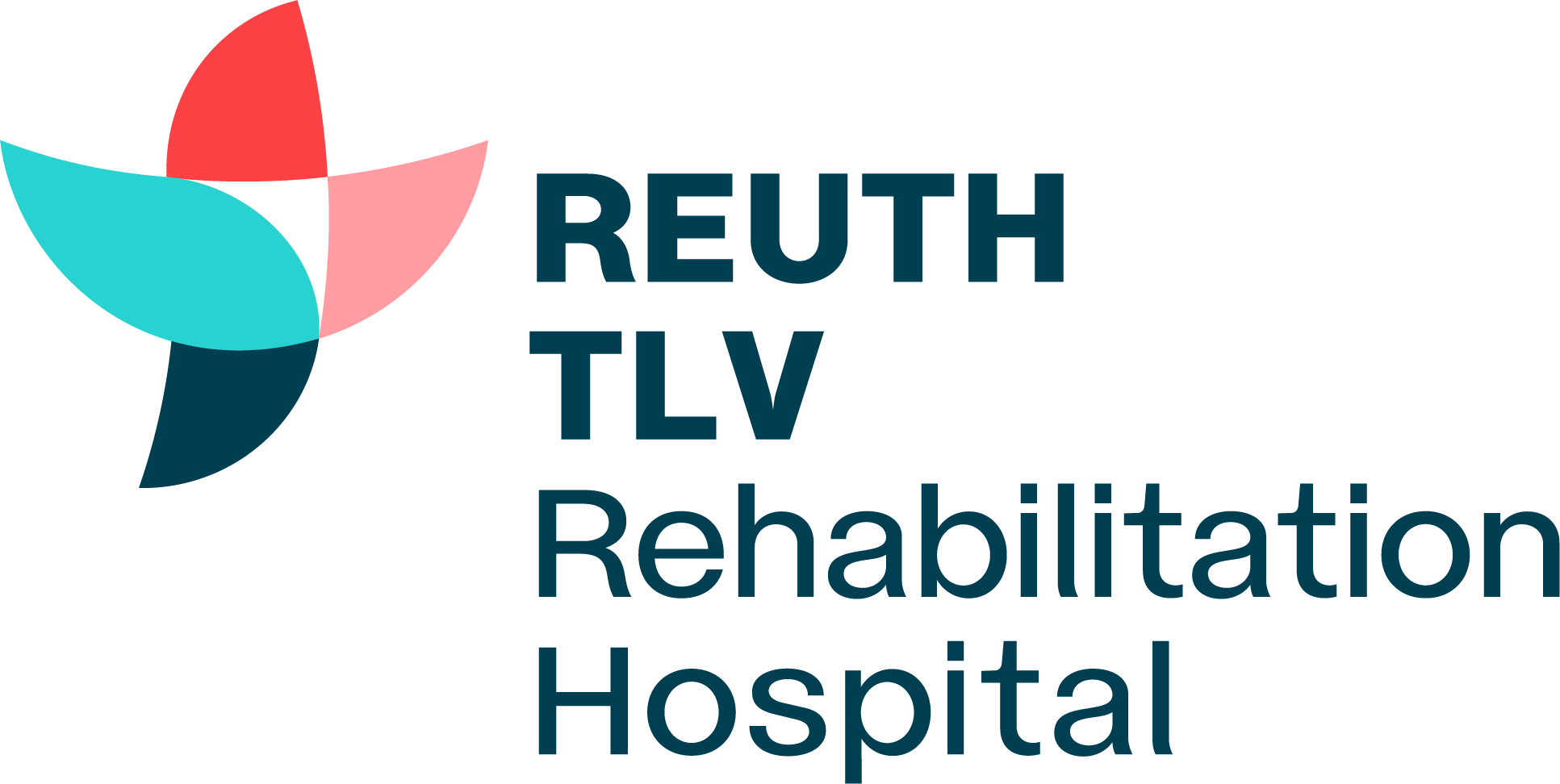Through the years Israel has passed a number of laws designed to aid in care for the elderly and protection of their rights – at home, in hospitals and in various institutions for the elderly population. In this article we have compiled and summarized these laws for you. You can read more about these laws in additional articles on this website.
Health Policy Laws
* National Health Insurance Act (Chok Bituach Briut Mamlachti) – a law which regulates the health services provided to residents of the State of Israel through the health funds, so as to ensure appropriate services for insured persons of all ages. The guiding principle behind this law is “justice, equality, and mutual assistance”. Before the law was passed, the health funds funded their services through membership fees. Membership in a health fund was not compulsory, and a citizen who did not pay a membership fee had no health insurance. Through this law, every citizen of Israel is insured in the health fund of his choice, and is therefore entitled to the medical services offered by this fund.
* Patients’ Rights Act (Chok Zchuyot Hacholeh) – this law establishes the rights of the individual requesting or receiving medical treatment, and protects his privacy and dignity. Among the rights mentioned in the law: the right to medical care and emergency medical care in a time of crisis, prohibition of discrimination between patients, the right to receive information on the caregiver’s identity, the right to a second opinion, the right to preserve one’s privacy and more.
For the Patients’ Rights click here
Benefit Laws
* Senior Citizens’ Law (Chok Ha’ezrachim Havatikim) – a law which makes things easier for senior citizens (who have reached retirement age), specifically in the economic realm. The law introduces discounts and special benefits for senior citizens in: public transportation, municipal taxes (arnona), television fees, national parks, nature reserves and cultural institutions supported by the government. The benefits are provided upon presentation of an official senior citizen certificate, issued to every resident of Israel at the designated age.
* Long-term Care Insurance Law (Chok Siud)- a law designed to provide home-care assistance to elderly persons who have reached retirement age and need help in daily activities (washing, mobility, control over bodily functions, etc.), or whose condition necessitates constant personal care and supervision (such as individuals with Alzheimer’s disease). In most cases the long-term care benefit is given as home-care hours of a caregiver employed through a nursing care company. A current trial program conducted by Bituach Leumi in several places in Israel offers the benefit in the form of direct payment to the insured person – Monetary Long-Term Care Benefit (Gimlat Si’ud Bekesef). The number of home-care hours a person may receive depends on an income test. Eligibility for home-care hours above a certain level may be converted, when needed, into financial participation towards the employment of a permanent caregiver (usually a foreign worker) in the home of the elderly person.
For the full article on the Long-Term Nursing Care Benefit Law click here.
Protection Laws
* The Law of Legal Competence and Guardianship (Chok Kashrut Mishpatit V’apotropsut) – a law which provides legal protection to elderly persons incapable of attending to their own financial or medical affairs. The purpose of the law is to protect these individuals from abuse or financial exploitation. The large numbers of applications presented to the courts to appoint guardians to elderly people, have led the Service for the Elderly to appoint social workers as welfare officers (pkidei sa’ad). Their job is to appoint suitable guardians and then monitor their performance.
* The Law for Prevention of Violence in the Family (Chok L’mniat Alimut Bamishpacha) – this law makes it possible for an elderly victim of harmful and violent acts in the family to apply to the family court and quickly receive a restraining/ protection order against the aggressor. The order is valid for three months and can be extended for up to one year. Application to the court may be made by the abused himself or by someone caring for him (doctor, social worker) who suspects violence in the family.
* The Law for the Defense of Protected Persons (Chok Hagana al Chosim) – a law aiming to protect elderly people unable to care for their own needs, by permitting welfare officers (pkidei sa’ad) to get involved, even through coercion, when they notice abuse of an elderly person by a family member or a caregiver in an institution. Welfare officers have the authority to remove the elderly person from his home and family and refer him to medical care or an appropriate institution.
* The Law for Prevention of Threatening Harassment (Chok L’mniat Hatrada Meayemet) – threatening harassment is the harassment of one person by another in circumstances implying that the harassment may be repeated. Harrassment may take the shape of spying on the elderly person, threatening his life, damaging his property or reputation etc. If the elderly person is unable to file a complaint, others may do so on his behalf. The usual punishment is a restraining order of up to six months.
End of Life Laws
* Terminally Ill Act (Chok Hacholeh Hanoteh Lamut) – a law which regulates the care of terminally ill individuals, aiming to balance between two values: the sanctity of life and a person’s right to make decisions regarding his own body. A terminally ill person is defined as someone suffering from an incurable medical condition, with a life expectancy of no more than six months. Focusing on the wishes and suffering of the individual, the law affords him the right to decline medical treatment. In effect, this law regulates the act of “mercy killing”.
* Inheritance Law (Chok Hayerusha) – a law aiming to regulate the issues of inheritance. The law specifies who has a right to the inheritance and who is ineligible, and determines the rights of both the person leaving the inheritance and the heirs.
For the full article on the Inheritance Law click here.
Institutions for the Elderly
* Supervision of Care Facilities Law (Chok hapikuach al hameonot) – a law determining the proper conditions required for the hospitalization and care of elderly people in nursing homes and other institutions for the elderly population. These conditions include details such as – number of beds, heating equipment, activities and the level of training that the medical and care-giving staff must have. The law determines which authority is responsible for each institution, according to the type of population being treated (the Ministry of Welfare for independent and frail elderly, the Ministry of Health for those in need of long-term nursing care and the mentally frail etc.) It also states that every institution must have a license from the Ministry of Welfare, so as to prevent the establishment of illegal nursing homes providing cheap, low quality care.
The information presented in the English website is partial. For full info please visit our Hebrew website

 donation
donation 




“Reuth Information Center”, All rights reserved to Reuth rehabilitation hospital. Reuth Information Center is an informational site only. All information on the Website is not a replacement or a substitute for medical, legal, economic, consumer, financial or other advice and any use of the information on the Website is solely the responsibility of the User. Surfing is subject to Terms of Use.